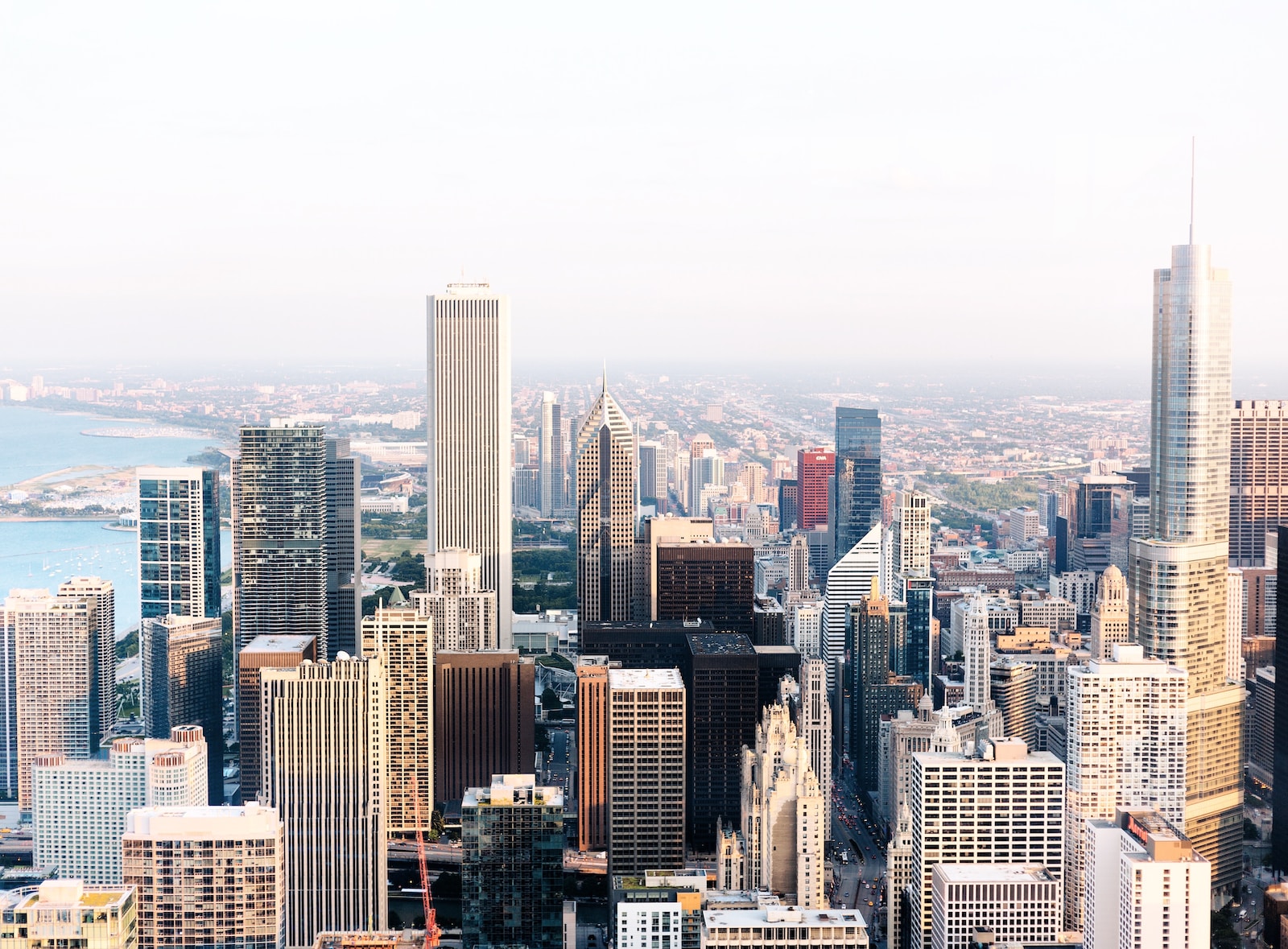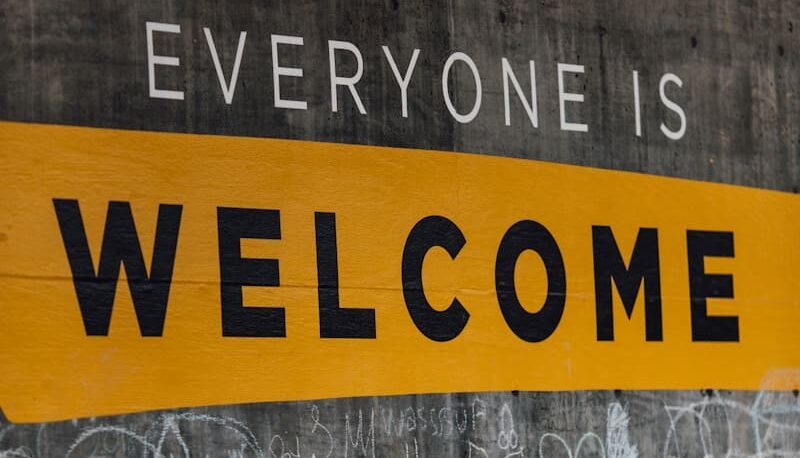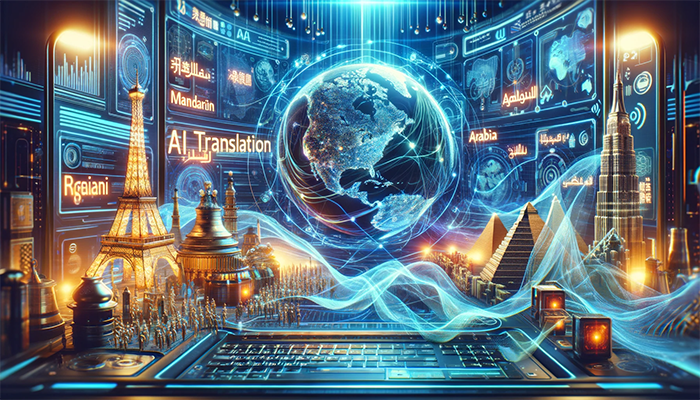“Arguing against globalisation is like arguing against the laws of gravity” – Kofi Annan, Nobel Peace Prize winner and former Secretary-General of the UN
Spurred by digitalisation and now firmly in the grip of globalisation, industry today is investing more than ever in translation services. This blog explores the traditional and emerging markets to find out which industries are benefitting most from translation services and why.
The rise of the translation services market
The demand for translation services has never been higher. Valued at just over $45 billion today (2018), the global language services market is set to more than double from $26.3 billion nine years ago (2009) to a predicted $56.2 billion by 2021.
Traditional global industries such as finance, design & marketing and travel & tourism have long used translation services. Today, however, they need them more than ever to stay competitive in global, digital – and yet personalised – playing fields, with more focus on the customer than ever. Traditional global industries such as finance, design & marketing and travel & tourism have long used translation services. Today, however, they need them more than ever to stay competitive in global, digital – and yet personalised – playing fields, with more focus on the customer than ever.
Highly regulated industries such as finance or legal cannot afford to drop the ball when it comes to translation services. The same applies to marketing, where corporate reputation is at risk if mistakes are made. And what global organisation can ignore translation services for digital marketing campaigns when it comes to SEO, website translation and social media?
Our client, Google, for example, uses Brightlines to translate its AdWords marketing materials for multiple European markets. We also provide creative translation services to Microsoft’s advertising campaigns for Chinese and Arabic-speaking audiences.
New industries demanding translation services
Digitalisation has opened new doors to the world for new and changing industries. Business models have been upended in areas such as healthcare. And new global markets have opened in e-learning, software and app development. This is how we came to help Sonos, the sound system company, who needed app translation, as well as multimedia user manuals and promotional materials on a global scale.
As the UK leaves the EU, we are likely to see a deeper foray into markets such as Africa, if UK Prime Minister Theresa May’s latest dance moves – I mean trade negotiations – are anything to go by. Africa is the second most populated continent with more than one billion people speaking more than 1,500 languages. While Arabic, French, English and Portuguese are spoken in many African countries, key native languages include Swahili, Oromo, Amharic, Yoruba and Hausa.
In fact, it seems that the UK government itself needs some help with document translation services if it seeks to bypass the European Commission as part of its Brexit strategy.
It faced great ridicule from German-speaking Brussels officials and diplomats in July, when Whitehall provided a poorly translated German version of its Brexit whitepaper. The paper was called “unreadable” and the language “archaic”. Even the headline description contained a grammar error, saying it was written in “Deutsche” instead of “Deutsch”.
According to The Independent, one reader said: “It was translated by someone who learned German in school to a decent level but who never really spoke it, and who is also not a professional translator…. What does ‘Fischergemeinden’ even mean? People praying for fish?”
In the words of Zhang Xin, a self-made property billionaire who started life as a peasant under Chairman Mao: “No economy, no company, in fact no individual can develop its full potential today without embracing two fundamental trends – globalisation and digitalisation. They will dominate for quite some time to come.”
To find out how we can help with your translations, please give us a call on 01225 580770 or fill out our quote form here.
You might also find this blog helpful: How to choose a translation agency.







